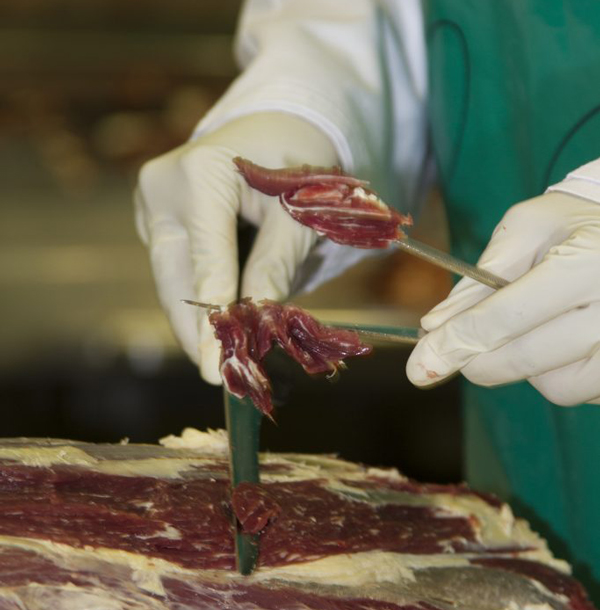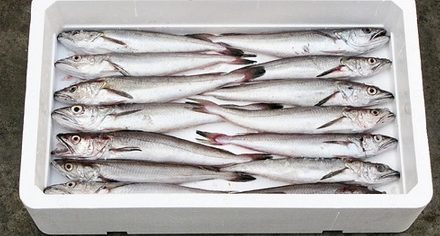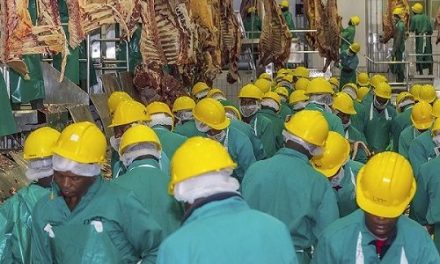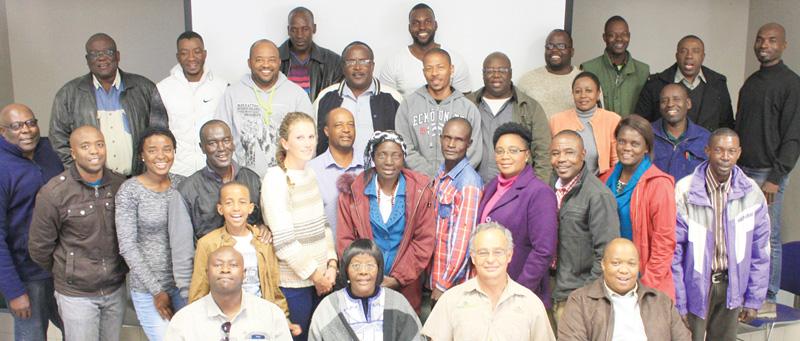
Rise in beef measles a risk to EU market

MeatCo has raised concerns on the amount of beef measles cases being detected during slaughter operations since operations began in January. Meatco’s Windhoek Abattoir confirmed on average six animals are diagnosed with measles every week.
“It is a concern for operations because affected meat is not accepted in the EU market, which is one of the most lucrative foreign markets.” MeatCo spokesperson, Jethro Kwenani said in a statement, adding that it is a food safety issue and its economic effects on the company could be considerable if not addressed.
According to Kwenani, there are generally two types of infestation. Meat with low infestation levels is fit for frozen packaging, meaning the meat is frozen at -12 to -18 degrees to deactivate the parasite and make it fit for human consumption. However, a high infestation sometimes means that it is totally out of the question for human consumption.
“The result is that the meat cannot be sold. Even though Namibia has a low prevalence rate, the disease cannot be taken lightly as it can damage the livestock industry,” he added.
Measles is a parasitic disease caused by Cysticerus bovis, which is a cystic form of human tapeworm. There are no visible outward signs of the disease and it is only detected after slaughter when the meat is inspected.
In the statement it was advised that farmers should avoid faecal contamination of cattle feed and grazing areas by any means necessary, meaning that farm workers and visitors must practice good hygiene by using toilets and not making use of the bush.
“Should a camp or pasture be known to be infected with human waste, it is best to not allow animals to graze there. As a beef producer, it is important to implement, practice and adhere to good farming practices by taking precautions to limit exposure to cattle to measles,” they added.
Meanwhile, consumers are encouraged to buy meat from registered butchers and abattoirs to be sure that the meat has been inspected and does not contain measles.













































